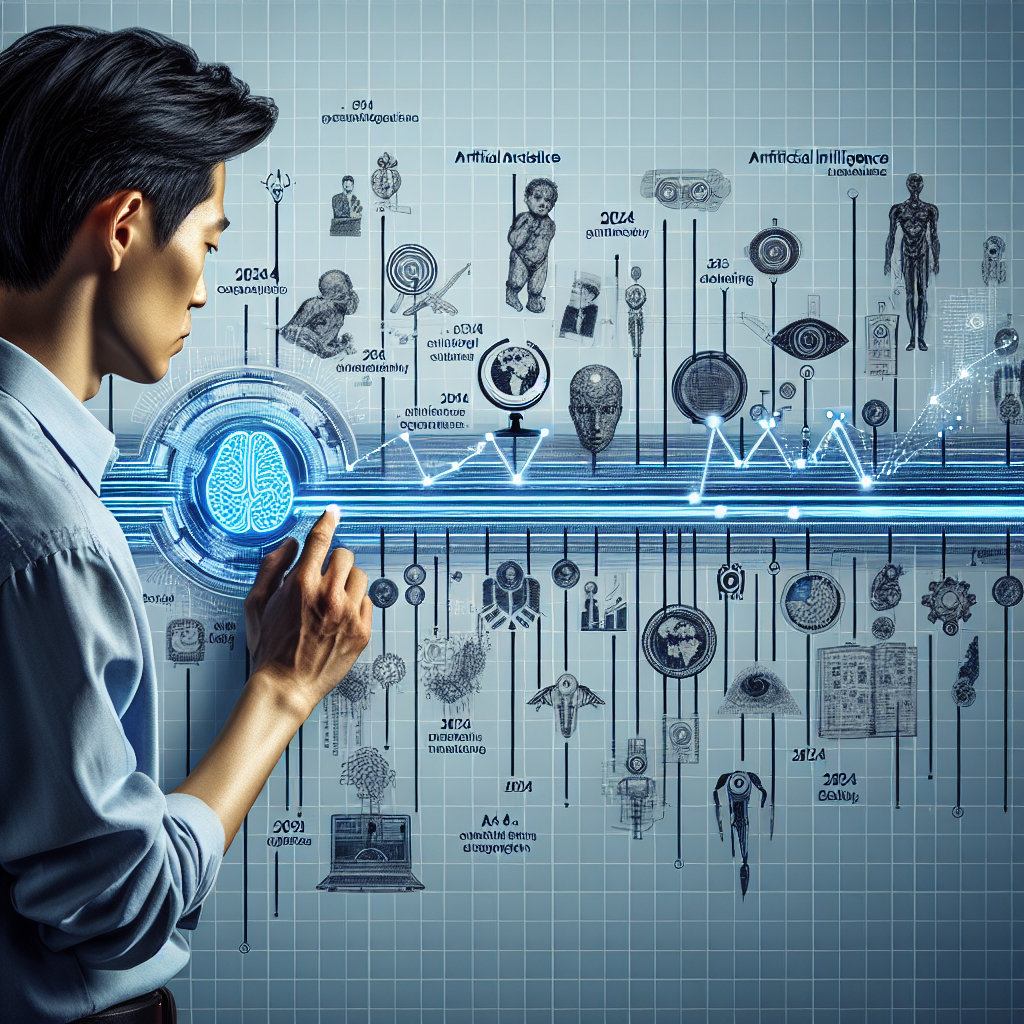Decoding AI\’s Next Decade: Expert Insights Unveiled
As we look ahead, it is exciting to uncover the dreams and predictions of scientists shaping the path of AI for the next 10 years. In this post, we will delve into some key insights shared by experts in the field, shedding light on the potential advancements and applications of AI in the near future.

Enhanced Automation
Scientists predict that AI will continue to drive automation across industries, streamlining processes and increasing efficiency. From manufacturing and logistics to healthcare and finance, AI-powered systems will become more adept at handling complex tasks, reducing human error, and improving overall productivity.
Smarter Personal Assistants
Virtual assistants like Siri, Alexa, and Google Assistant have become commonplace in our lives. In the next decade, scientists anticipate these assistants becoming even more intelligent and capable of understanding context, emotions, and natural language. They will become personalized companions, assisting us in various aspects of our daily lives, from managing schedules and tasks to providing personalized recommendations.
Advancements in Healthcare
AI is poised to revolutionize healthcare in the coming years. Scientists foresee AI algorithms analyzing vast amounts of medical data to assist in early disease detection, personalized treatment plans, and drug discovery. AI-powered medical devices and wearables will enable remote patient monitoring, leading to more proactive and precise healthcare interventions.
AI robots will care for the elderly—scientists at Brown University are working with Hasbro to develop a \’robo-cat\’ that can remind its owners to take their meds and can track down their eyeglasses. – Smithsonian Magazine

Autonomous Vehicles
The development of self-driving cars has already begun, but the next decade will witness significant advancements in this field. Scientists believe that AI will play a crucial role in making autonomous vehicles safer, more efficient, and capable of navigating complex traffic scenarios. This technology has the potential to transform transportation systems, reducing accidents and congestion while improving overall mobility.
I\’m just saying what will most likely occur, and I am certain about this, is that self-driving will become much safer than a human driver. Probably by a factor of 10, he told Döpfner, adding that the bar for whether a person will be able to drive or not will be much more stringent in the future when autonomous driving is 10 times safer. – Elon Musk
Ethical Considerations
As AI becomes more pervasive, scientists emphasize the importance of addressing ethical concerns. They foresee increased efforts in developing AI systems that are transparent, fair, and unbiased. Striking the right balance between innovation and responsible AI deployment will be crucial to ensure the technology benefits society as a whole. Government restrictions and regulations, like anything, will be needed with consumer approval.
While these predictions are based on current trends and research, it is important to remember that the field of AI is constantly evolving. As we move forward, collaboration between scientists, policymakers, and society at large will be essential to shape the future of AI in a way that maximizes its benefits while addressing potential challenges.

